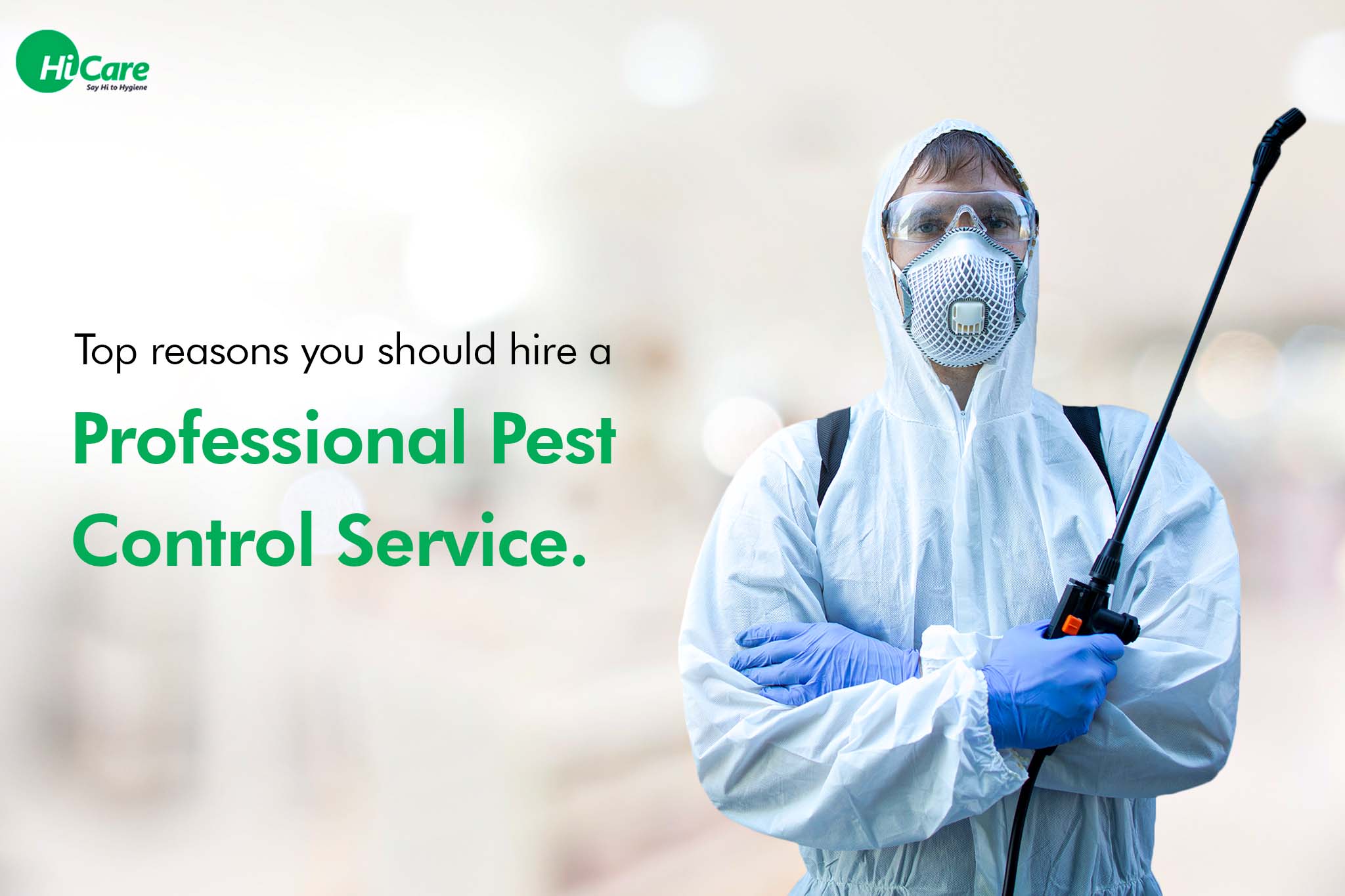Separating Between Sorts Of Parasite Control Techniques
From chemical solutions to environmentally friendly approaches, the spectrum of parasite control approaches is nuanced and diverse. The development of bug control methods has led to the growth of ingenious methods that cater to different requirements and choices.
Chemical Insect Control Approaches
Chemical bug control methods are commonly used in the agricultural industry to successfully remove and manage bug invasions. Pesticides are compounds particularly developed to kill or manage pests such as rodents, weeds, and bugs.
While chemical bug control approaches can be very reliable in managing parasite populaces, there are also concerns concerning their prospective effect on human health and wellness and the atmosphere. Chemicals, specifically, can posture risks to farmworkers, customers, and wildlife if not used appropriately. To minimize these threats, it is vital for farmers and pest control specialists to adhere to proper application techniques, follow safety standards, and take into consideration alternate bug control techniques whenever possible. By stabilizing the benefits of chemical parasite control with the need for human and environmental security, the farming market can effectively take care of bug infestations while reducing unfavorable effects.
Organic Pest Control Methods
Given the possible worries connected to the impact of chemical parasite control approaches on human health and wellness and the setting, a change towards utilizing Organic Parasite Control Methods uses an extra sustainable and eco-friendly method to managing bug invasions in farming. Biological parasite control entails making use of other living organisms to regulate pest populaces. This approach can include the introduction of natural predators, bloodsuckers, or pathogens that target particular parasites, disrupting their lifecycle and lowering their numbers. One common example is making use of ladybugs to control aphids in agricultural setups. By promoting all-natural killers, organic insect control can assist preserve an equilibrium in the ecosystem without counting on harmful chemicals. In addition, biological control approaches have a tendency to be a lot more targeted, affecting only the pest species without damaging various other microorganisms or advantageous bugs. While biological pest control might need even more time to reveal results contrasted to chemical approaches, its lasting efficiency and marginal ecological impact make it a recommended option for sustainable insect administration in farming.
Mechanical Pest Control Approaches
Using physical barriers or tools to straight get rid of or fend off bugs is the significance of mechanical pest control approaches. Physical traps such as mousetraps, flypaper, or pheromone catches are additionally widely made use of to capture and manage parasites.
One more effective mechanical insect control method is making use of vacuum devices to physically remove pests from plagued areas (pest control fresno). Vacuuming like this not just eliminates grown-up insects however additionally helps in getting rid of eggs and larvae, disrupting the insect's life cycle. Furthermore, mechanical pest control techniques include the usage of discover this info here obstacles like caulking or sealing cracks and crevices to stop parasite entrance right into structures
Natural Insect Control Methods
Natural insect control methods leverage the ecological community's own checks and equilibriums to regulate parasites without counting on synthetic chemicals. One typical technique is biological control, where all-natural killers or bloodsuckers of insects are introduced to keep insect populations in check.
Practicing great yard hygiene, like getting rid of pest habitats and including buddy planting techniques, can additionally aid in insect administration without hurting advantageous organisms. By accepting natural insect control methods, people can shield their crops while advertising a healthier and more sustainable environment.

Integrated Bug Management (IPM)
Integrated Bug Management (IPM) is a detailed strategy to pest control that concentrates on incorporating numerous methods to minimize insect damage while reducing risks to human health and wellness and the setting. IPM incorporates organic, social, physical, and chemical methods to take care of insects effectively - pest control fresno. This approach highlights control, prevention, and surveillance to resolve parasite problems in the most environmentally friendly and economically viable method

Chemical control is utilized as a last hope in IPM and is applied judiciously, targeting particular parasites while reducing injury to valuable microorganisms and the environment. By incorporating these varied approaches, IPM supplies a holistic and lasting technique to pest monitoring.
Final Thought
In conclusion, understanding the various kinds of insect control methods is important in properly managing insect problems. Integrated Pest Management (IPM) integrates several approaches for a more environmentally-friendly and sustainable technique to pest control.
While chemical insect control techniques can be highly reliable in regulating insect populaces, there are likewise issues concerning their prospective influence on human health and the setting. To mitigate these threats, it is vital for farmers and pest control professionals to adhere to correct application methods, adhere to safety and security standards, and take into consideration alternative insect control approaches whenever feasible.Given the possible worries related to the influence of chemical bug control methods on human health and the atmosphere, a shift in the direction of making use of Biological Pest Control Approaches provides a more environmentally pleasant and sustainable method to taking care of bug infestations in farming. All-natural parasite control methods utilize the community's very own checks and equilibriums to regulate parasites without relying on artificial chemicals.Integrated Parasite Management (IPM) is an extensive approach to pest control that concentrates on combining various strategies to decrease insect damages while minimizing dangers to human health and wellness and the setting.